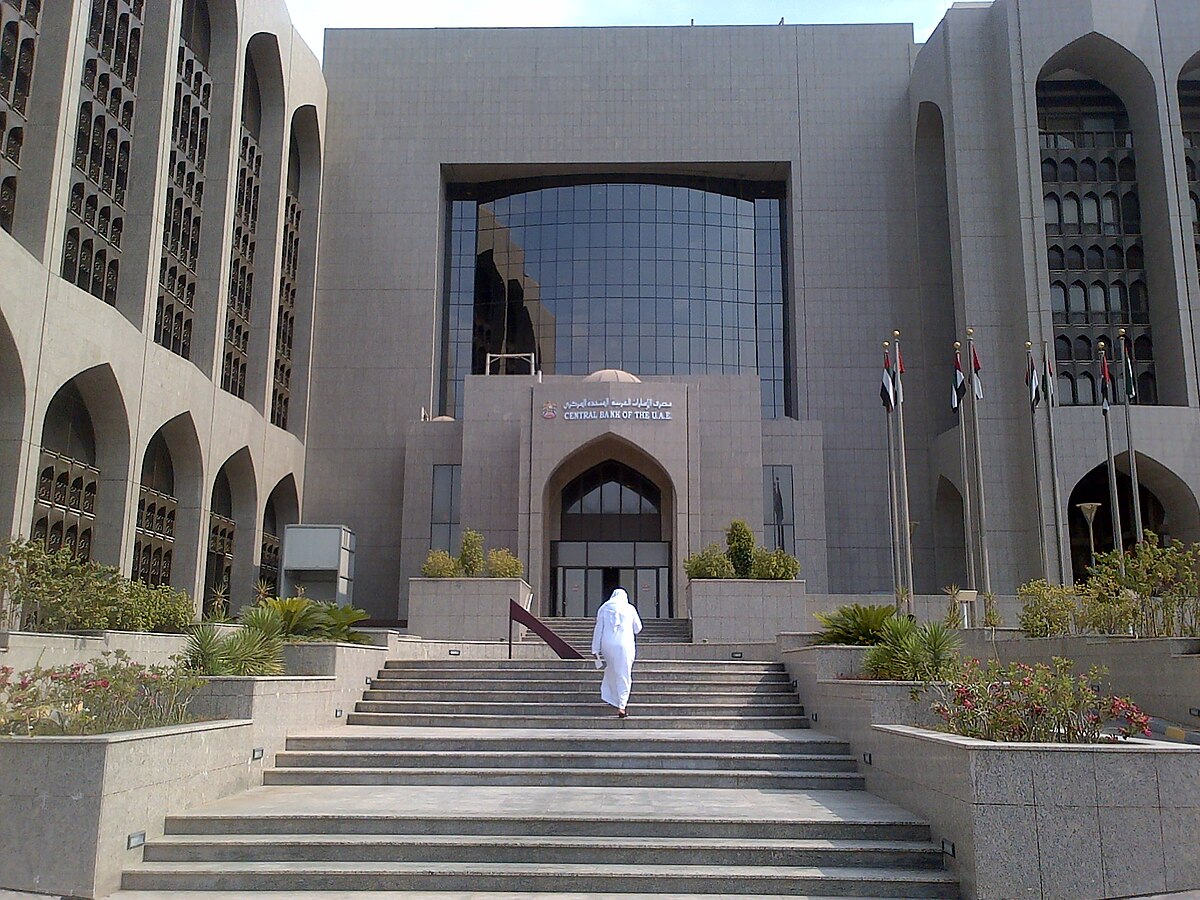Top Mistakes to Avoid When Applying for a Mortgage in the UAE
Securing a mortgage in the UAE opens doors to homeownership, but common pitfalls can derail your application. Whether you’re in Dubai, Abu Dhabi, or elsewhere, understanding these errors is crucial. Avoiding them saves time, money, and frustration while boosting your approval odds. Here are the top mortgage mistakes to steer clear of.
Underestimating Hidden Costs & Fees
Many borrowers fixate on monthly payments but ignore extra costs, which can add 5–7% to your purchase price:
- Property valuation and mortgage arrangement fees
- Dubai Land Department charges (4% of property value + AED 580)
- Insurance (life, property, and mortgage protection)
- Early settlement penalties or late payment fines
Always request a detailed fee breakdown from lenders to avoid unexpected financial strain.
Failing to Check Your Credit Report Early
Banks scrutinize credit scores through the Al Etihad Credit Bureau (AECB). Common credit report mistakes include:
- Not reviewing your report 3–6 months before applying
- Ignoring errors (e.g., outdated debts or incorrect personal details)
- High credit utilization (aim to stay below 50% of your credit limit)
Dispute inaccuracies immediately, as unresolved issues are a top reason for mortgage rejection in the UAE.
Job-Hopping Before or During the Application
Lenders prioritize employment stability. Avoid these missteps:
- Changing jobs within 6 months of applying (most banks require 6–12 months with your current employer)
- Shifting from salaried to commission-based roles without proof of consistent income
- Failing to document probation periods or contract roles
Job instability signals risk, making banks hesitant to approve loans.
Overlooking Debt-to-Income Ratio (DTI) Limits
UAE banks typically cap DTI at 50%. Calculate yours with this formula:
- Monthly Debt Obligations ÷ Monthly Gross Income × 100 = DTI%
If your DTI exceeds 50%:
- Pay down existing debts (credit cards, personal loans)
- Avoid new credit applications 3–6 months pre-mortgage
- Consider a co-borrower to improve joint eligibility
Skipping Pre-Approval Before Property Hunting
House hunting without mortgage pre-approval leads to issues like:
- Falling for off-plan projects that don’t meet lender criteria
- Overestimating your budget and losing deposits
- Facing delays that let sellers cancel agreements
Pre-approval clarifies your budget and strengthens negotiating power.
Providing Incomplete or Inconsistent Documentation
Disorganized paperwork is a leading cause of mortgage processing delays and rejections. Essential documents include:
- Passport, Emirates ID, and visa copies
- 6 months of bank statements (all accounts)
- Salary certificates (dated within 30 days)
- Property documents (e.g., Oqood, SPA for off-plan)
Double-check for consistency – mismatches in income or details raise red flags.
Not Comparing Mortgage Offers Thoroughly
Accepting the first offer often means overpaying. Compare:
- Interest rates (fixed vs. variable) and bank profit rates
- Loan-to-value (LTV) ratios for expats vs. nationals
- Flexibility for extra repayments or early settlements
- Processing fees and partial settlement penalties
Use UAE mortgage comparison tools or consult a broker for tailored advice.
Ignore Currency Fluctuations (For Foreign Currency Mortgages)
If choosing a USD, GBP, or other foreign-denominated loan:
- Unfavorable exchange rate shifts can inflate your owed amount
- AED-pegged mortgages offer stability if your income is in dirhams
Consult a financial advisor to assess exchange rate risks beforehand.
Conclusion: Secure Your Success With Preparation
Avoiding these mortgage mistakes in the UAE requires proactive planning. Start early by checking your credit report, organizing finances, getting pre-approved, and comparing lenders. Consult with mortgage advisors or banking experts who understand the nuances of Dubai’s dynamic market. Tackle these areas to navigate your application smoothly and turn your property ownership goals into reality.




